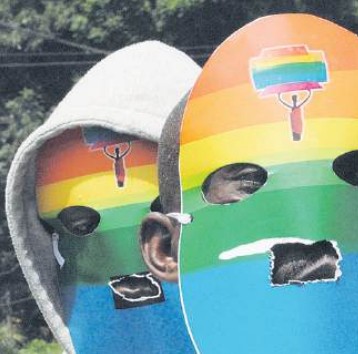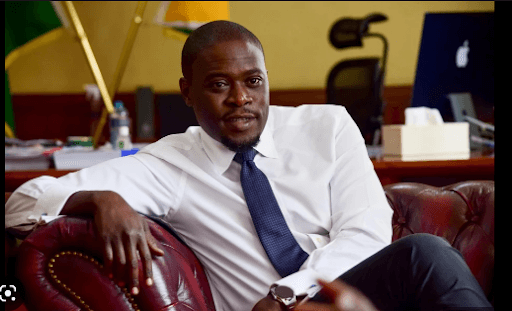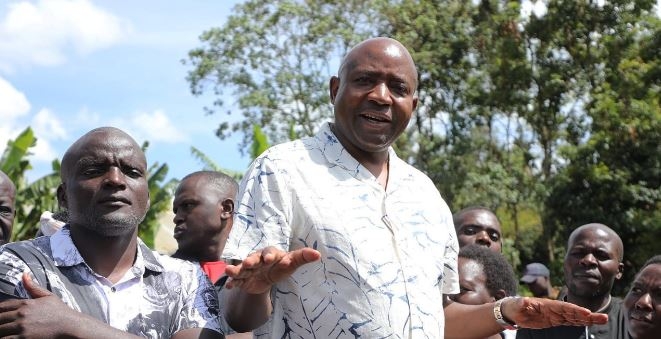

If they aren’t being evicted by landlords citing erosion of
family values in their premises, they’re being trailed by strangers curious
about their bodies, or are being disowned by their families. This is the cost
of visibility for queer activists.
“I was evicted eight times in one year. I stopped going
online because of the abuse. These days, I’m afraid to even leave my house,”
says N, a transgender activist based in Western Kenya.
Once a visible and vocal figure in the fight for queer
rights, N now moves cautiously—if at all. They avoid public places.
Their social media accounts lie dormant. They speak in low
tones. Fear has become a routine part of life.
A new national survey by Defenders Coalition lays bare the
harsh reality faced by Sexual Orientation, Gender Identity, Gender Expression
and Sex Characteristics (SOGIESC) human
rights activists—whose work, once full of hope and energy, has been overshadowed
by threats, violence and systemic neglect.
The report reveals that for queer activists, advocacy is no
longer just about changing hearts and minds; it is now a constant negotiation with
safety, shelter and sanity.
During the Covid-19 pandemic, N was arbitrarily arrested
while trying to assist other LGBTIQ+ individuals in crisis.
“The violations increased when I started receiving
gender-affirming care,” they recall. “Even in areas where not many people know
me, I’m scared to be seen.”
The survey, titled 'The situation of SOGIESC human rights
defenders in Kenya', highlights a disturbing trend: over the past three years,
70 per cent of respondents said they had been evicted due to their identity or
activism.
“Violations against LGBTIQ+ HRDs are perpetrated by a wide
range of actors,” it states. “This reflects deeply rooted norms in Kenyan
society that are inherently homophobic and transphobic.”
Some 71 per cent had received threats or faced intimidation.
Nearly half had been physically assaulted. And 29 per cent said they were
subjected to “conversion practices”— efforts to force them to change their
identity, often through coercion or abuse.
“LGBTIQ+ HRDs are at greater risk than the general LGBTIQ+ population,”
the report notes.
“Their visibility and frequent interaction with perpetrators
of violations expose them more acutely.”
Online spaces, once safe havens for connection and advocacy,
have also turned hostile. Many defenders reported severe technology-facilitated
harassment—including cyberbullying, online threats and the non-consensual publication
of private information.
Several have been doxxed (disclosing someone's private
information online without their consent, often to shame, harass, or intimidate
them) or stalked. Others simply stopped posting altogether, retreating from
platforms that once amplified their voices.
This widespread hostility, the report argues, is symptomatic
of deeper cultural and institutional biases.
The consequences run deep. Beyond the physical harm,
defenders are dealing with trauma, burnout and extreme isolation.
Many have lost sources of income or been pushed into hiding.
Legal protections remain sparse. Emergency resources are limited. For some,
there’s no safe place to go.
The report notes there are no comprehensive protections in
place. It calls for immediate and wide-ranging mitigation strategies—including
stronger legal frameworks, psychosocial support and more robust public
education efforts.
“It is necessary for mitigation efforts to be equally
wide-ranging,” the report recommends, “offering protection for HRDs in
different areas of their work and personal lives.”
The findings also emphasise the importance of intersectional
collaboration—suggesting that queer rights defenders have much in common with
HRDs in other marginalised sectors and that solidarity can offer strength where
systems have failed.


















